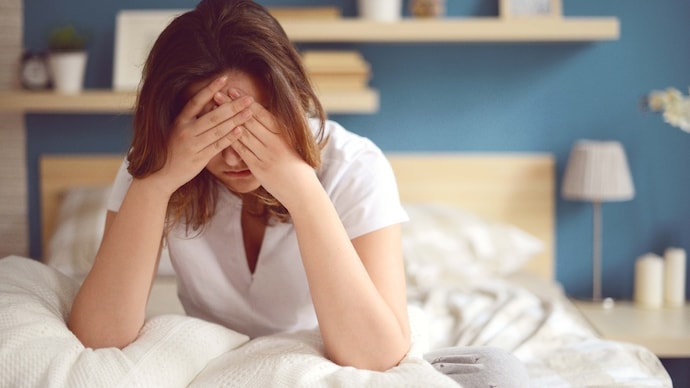Nutrition and exercise are as good as therapy for depression
Lifestyle changes may be as effective as psychotherapy in treating low-grade depression, according to a new study, Australian researchers have found.

A study by Australian researchers suggests that improving diet and getting more physical activity may be as effective as therapy with a psychologist for treating low-grade depression.
In a world-first trial, researchers at Deakin University found that lifestyle counselling (focusing on nutrition, physical activity) was as effective as psychological therapy.
The study included 182 adults from Victoria, Australia, who had at least high distress or mild depression. Common symptoms included feeling sad, hopeless, irritable or weepy.
All participants attended six sessions led by health professionals over eight weeks.
Half of the participants were randomised to a programme co-led by an accredited dietitian and an exercise physiologist.
This group, known as the lifestyle program, focused on setting nutrition and exercise goals:
- Eating a variety of foods
- choosing high-fiber plant-based foods
- including high-quality fats
- limiting discretionary foods, such as foods high in saturated fat and added sugars
- engaging in enjoyable physical activity
The other half took part in psychotherapy sessions led by two psychologists. This psychotherapy program used cognitive behavioral therapy (CBT).
Participants in both groups were allowed to continue their existing treatments, such as taking antidepressant medication.
Both groups were given workbooks and hampers. The lifestyle group was given a food hamper, while the psychotherapy group was given items such as a colouring book, stress ball and head massager.
At the beginning of the trial, each participant was given a mental health score based on their self-report and was measured again at the end.
At eight weeks, symptoms of depression decreased in both lifestyle program participants (42%) and psychotherapy program participants (37%).
The difference was not significant, suggesting that both treatments were equally effective.
However, there were some differences. Those in the lifestyle program improved their diet, while those in the psychotherapy program felt more social support than at the start.
Both groups increased their physical activity. This was expected for the lifestyle group, but it was surprising for the psychotherapy group, possibly due to being aware of the study’s focus on lifestyle or the positive effects of psychotherapy.
The researchers found that costs were about the same in both groups, with the lifestyle program being slightly cheaper.
